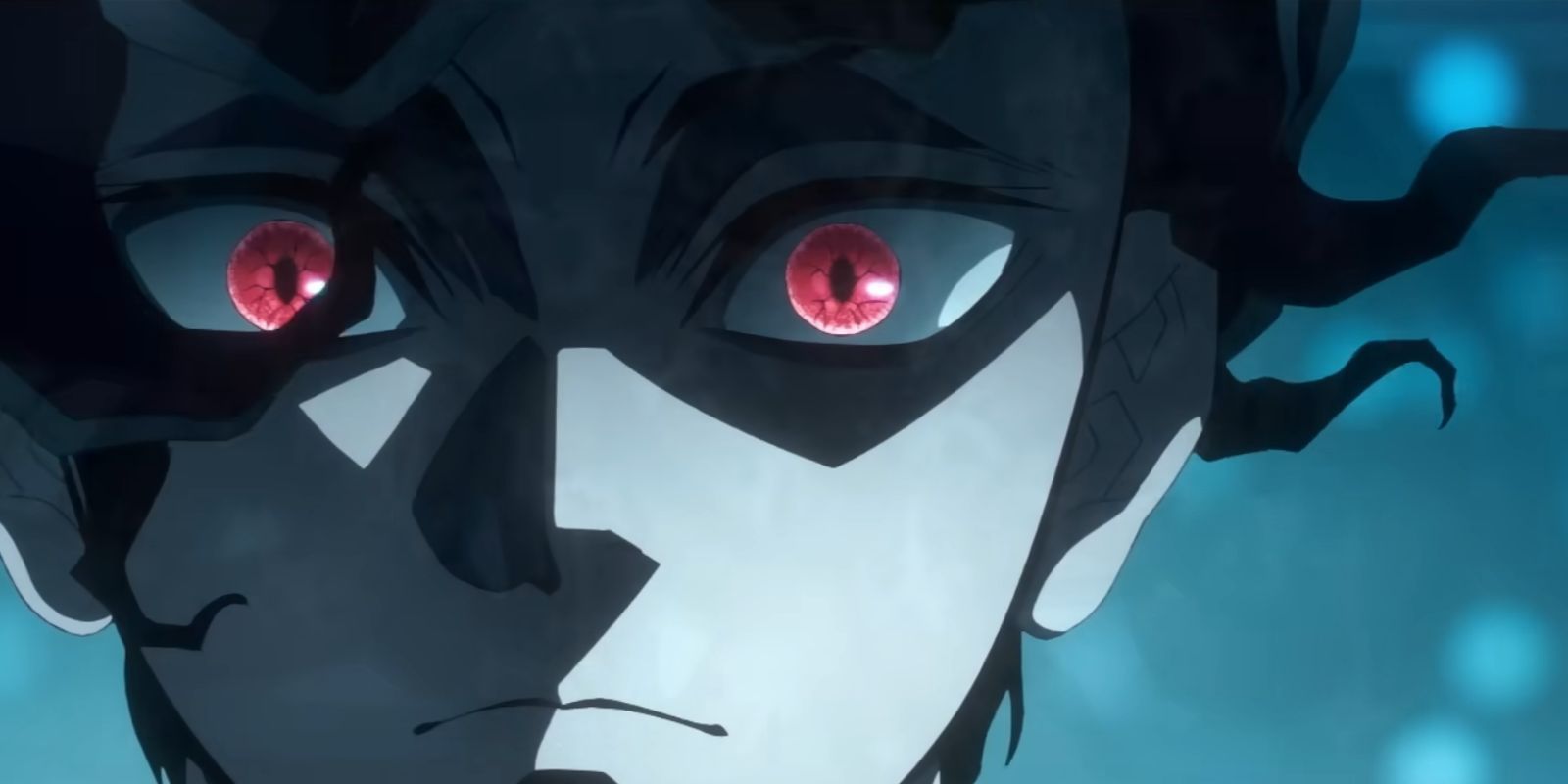Summary
- Demon Slayer anime returning with Infinity Castle trilogy, Sony expects it to surpass Mugen Train’s success internationally.
- Sony announces Ghost Tsushima: Legends anime and revival of Crunchyroll Manga, highlighting anime’s importance to the company.
- Crunchyroll reports increased Gen Z anime viewership in the US and Brazil, subscriber base grew from 3 to 15 million under Sony.
Demon Slayer: Kimetsu no Yaiba anime will be back this year with the first movie of the Infinity Castle trilogy, and Sony has high expectations for it. It’s been a while since Demon Slayer: Kimetsu no Yaiba dropped a movie that is the official sequel to the story, and not a compilation movie that also previews the next season (the last and only time it happened was when Demon Slayer: Kimetsu no Yaiba – Infinity Train was released in 2020).
Sony’s presentation at CES 2025 had some good news for anime fans. While the event is not focused on this niche, the company still managed to announce a Ghost Tsushima: Legends anime adaptation and the “return” of Crunchyroll Manga, a manga service deactivated by the company in 2023 — the new service features the same name but is likely to be a revamped version of what Crunchyroll Manga once was. All of this demonstrate how important the anime front has become to Sony, even though the industry might have far-fetched expectations for this sector.

Related
How Demon Slayer’s Visuals Set A New Benchmark for Anime
Demon Slayer has solidified its place in anime history, delivering some of the most breathtaking visual storytelling ever seen on screen.
The Hollywood Reporter spoke with Sony’s president and COO Hiroki Totoki, Crunchyroll’s CEO Rahul Purini and Aniplex’s president Atsuhiro Iwakami, and they dropped a few words on what they are expecting from the next installment in the Demon Slayer anime adaptation. In their opinion, the new movie could exceed Mugen Train’s international performance — that’s a humble way to say they expect it to become the highest-grossing Japanese movie of all time.
According to Iwakami, since Mugen Train was released during the most critical phase of the COVID-19 pandemic (in 2020-2021), the movie could have earned even more. Despite all the challenges, Mugen Train earned $49.5 million at the US box office, and $473 million worldwide (this statistic probably includes the Japanese box office, but it’s not clear), and became the highest-grossing Japanese movie.
His statement is aligned with what Toho executives think. Here’s what he told THR:
Since the previous release, the global fan base for the Demon Slayer IP has grown significantly, so we are hopeful that the new film will exceed that performance in overseas markets. There are many more opportunities for Sony companies to collaborate around anime at a global scale.
More Information Shared By Sony
Weighting The Companies’ Perspective
They not only talked about Demon Slayer, but also shared some interesting information. According to Crunchyroll’s research, 42% of Gen Z anime fans in the US watch anime weekly, while 60% of Gen Z and Gen Alpha consumers in Brazil (the second-largest country for Crunchyroll in terms of subscriber base) watch anime multiple times a week. While these numbers might be based on analysis of how consumers engage with the platform, and thus might differ from the data collected by other streaming services, they seem somewhat aligned with other research indicating how mainstream anime seems to be becoming, especially when it comes to Gen Z. Crunchyroll’s subscriber base grew from 3 million in 2020 (when it was acquired by Sony) to 15 million, as of July 2024.
However, we also need to be cautious about how the company positions itself in front of the public. A recent Bloomberg report highlights internal and external struggles within Crunchyroll. While the growth from 3 million to 15 million seems promising, it might be less than Sony was expecting — or else it might not have taken so long for Sony to disclose these numbers (companies usually like to disclose information that brings value to them). Also, it’s not impossible that Sony decided to unveil its subscriber growth when it approached Kadokawa, which recently ended in a deal that will heavily impact the anime industry, as a way to try to make conversations smoother. AT&T also started sharing a lot of Crunchyroll information when it was trying to sell it back in 2020.
Regarding Mugen Train, while Iwakami’s reasoning makes sense, we should also consider the possibility that the movie did so well, not only because it was the official sequel to the series but due to the pandemic itself. Demon Slayer peaked in Japan in 2020, and it might have a connection not only with people staying more time at home, but also with the fact that it was virtually the “only big new thing” going on at the time. That’s something we will learn when Infinity Castle premieres, but even if Mugen Train‘s success is not directly related to the pandemic in itself, the task of surpassing its box office is not an easy one.
Highest-Grossing Japanese Films Worldwide
Only Anime Movies Currently Rank in the Top 5
Before Mugen Train, the highest-grossing box office for a Japanese movie was Makoto Shinkai’s Your Name, which had surpassed Hayao Miyazaki’s Spirited Away in 2016-2017. Mugen Train is far above the second place, though: while it earned over $507 million, Your Name made over $398 million.
This year, Miyazaki’s The Boy and The Heron joined the top 5 highest-grossing Japanese movies. Curiously, the list comprises only animations (these are estimates):
- Mugen Train (over $507 million)
- Your Name (over $398 million)
- Spirited Away (over $395 million)
- Suzume (over $323 million)
- The Boy and the Heron (over $294 million)
Demon Slayer is available to stream on Crunchyroll and Netflix in the US and other territories.
Source: Hollywood Reporter, Animenomics













Leave a Reply